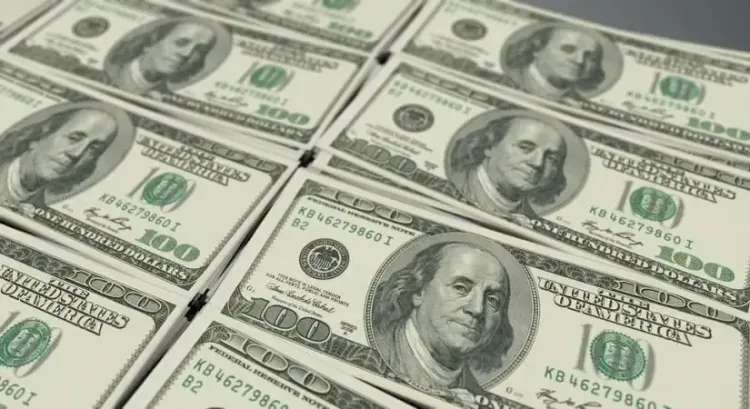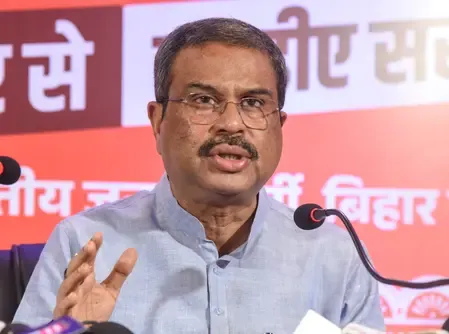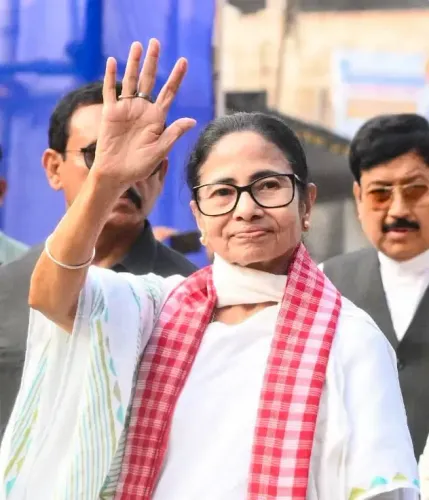Is De-dollarisation to a Multi-Currency System Really Gradual?

Synopsis
Key Takeaways
- The US dollar remains a key global currency, but its dominance is being challenged.
- There is a noticeable shift towards a multipolar currency system.
- India is taking steps to internationalize the rupee, albeit at an early stage.
- Central banks are diversifying reserves, with increased gold purchases.
- China is focused on enhancing the renminbi's global presence.
New Delhi, Oct 14 (NationPress) The US dollar still stands as the primary unit of account and a medium of exchange; however, its role as a store of value is encountering significant challenges. According to a report released on Tuesday, there is a gradual transition underway towards a multipolar currency system.
According to the findings from CareEdge Ratings, while the dollar may face increasing competition, a full-scale de-dollarisation process is expected to be a lengthy endeavor.
Nevertheless, early indicators suggest a slow but clear movement away from reliance on the dollar, the report emphasized.
CareEdge described India's initiatives to globalize the rupee as still in their infancy. These initiatives include bilateral currency swap agreements, increased trade settlements via vostro accounts, the integration of UPI with worldwide payment systems, and the encouragement of rupee loans for non-residents in neighboring nations.
The report highlighted a significant decline in foreign dollar holdings from historical averages, noting a trend among central banks to diversify their reserves, with gold purchases reaching unprecedented levels.
Historically, the dollar's dominance in global financial markets has been supported by a favorable network effect and a lack of viable alternatives, the report stated.
However, CareEdge pointed out that significant emerging market currencies face hurdles, such as the absence of complete capital-account convertibility for the Indian rupee and the Chinese renminbi, which limits their ability to challenge the dollar's position.
Despite these challenges, China has actively sought to internationalize the renminbi over the last decade. The conversation surrounding de-dollarisation has resurfaced recently, particularly following the Russia–Ukraine conflict, which saw punitive measures executed through the weaponization of currency.
China continues to promote the internationalization of the renminbi by enhancing regional financial integration, expanding currency swap agreements, advocating for bilateral trade settlements in renminbi, and developing the Cross-Border Interbank Payment System.










